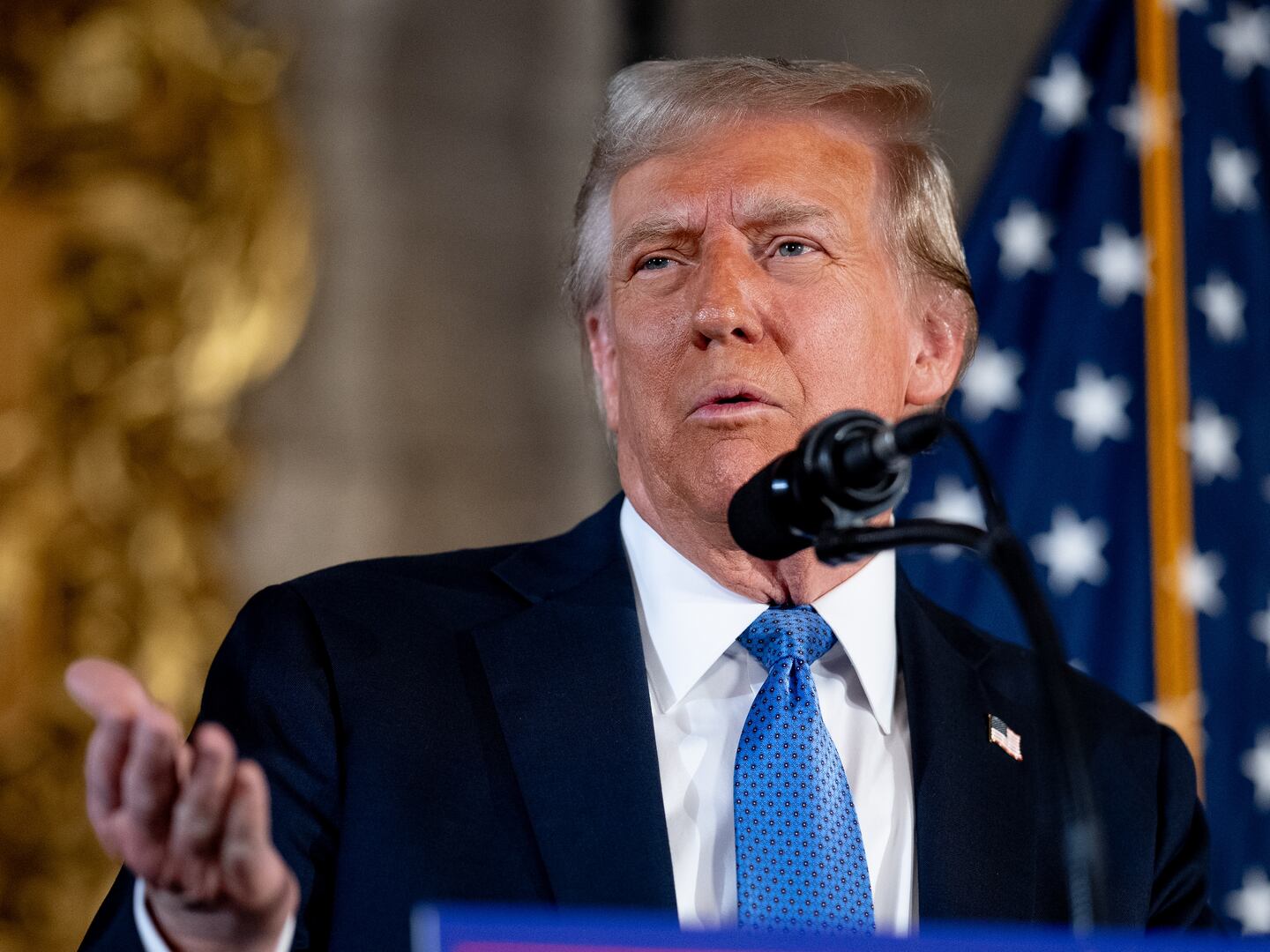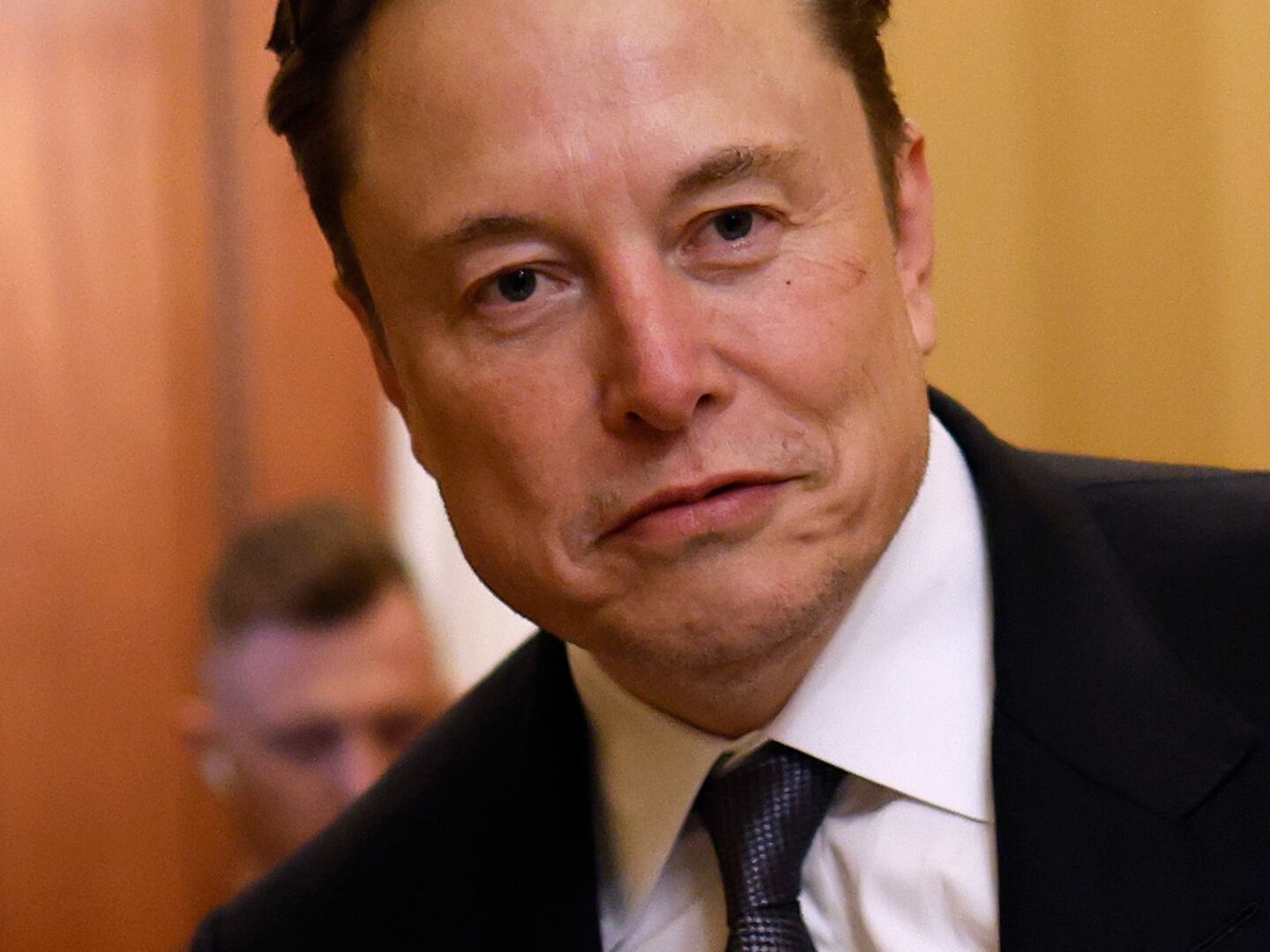U.S. News
Photo Illustration by Thomas Levinson/The Daily Beast/Reuters/Preshdineshkumar
Tech Bros Take Bank Victory Lap After ‘Pants Pissing’ Freakouts
MELTING DOWN
Some of the venture capitalists who pleaded for federal intervention at Silicon Valley Bank previously scorned government ‘bailouts’.

Trending Now






